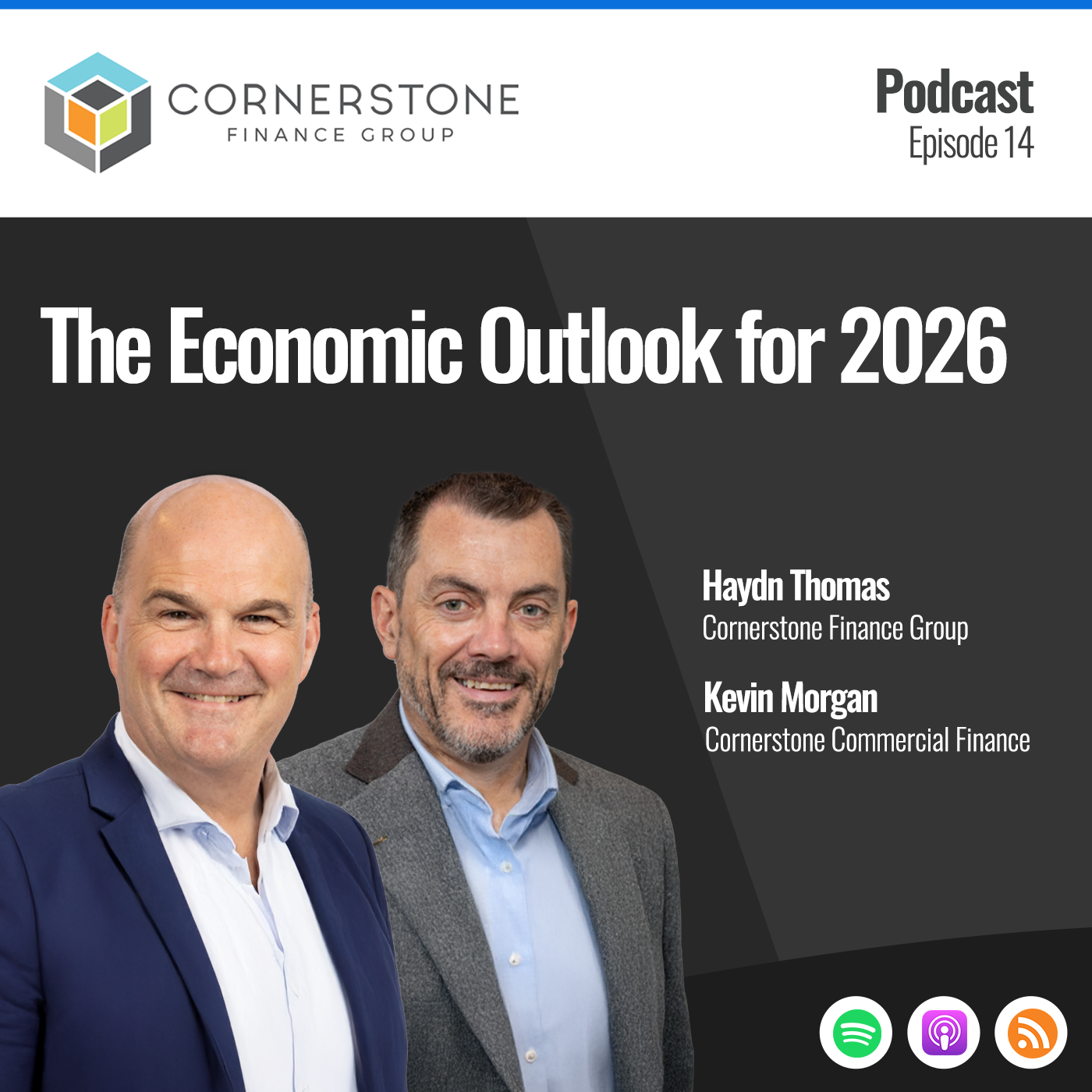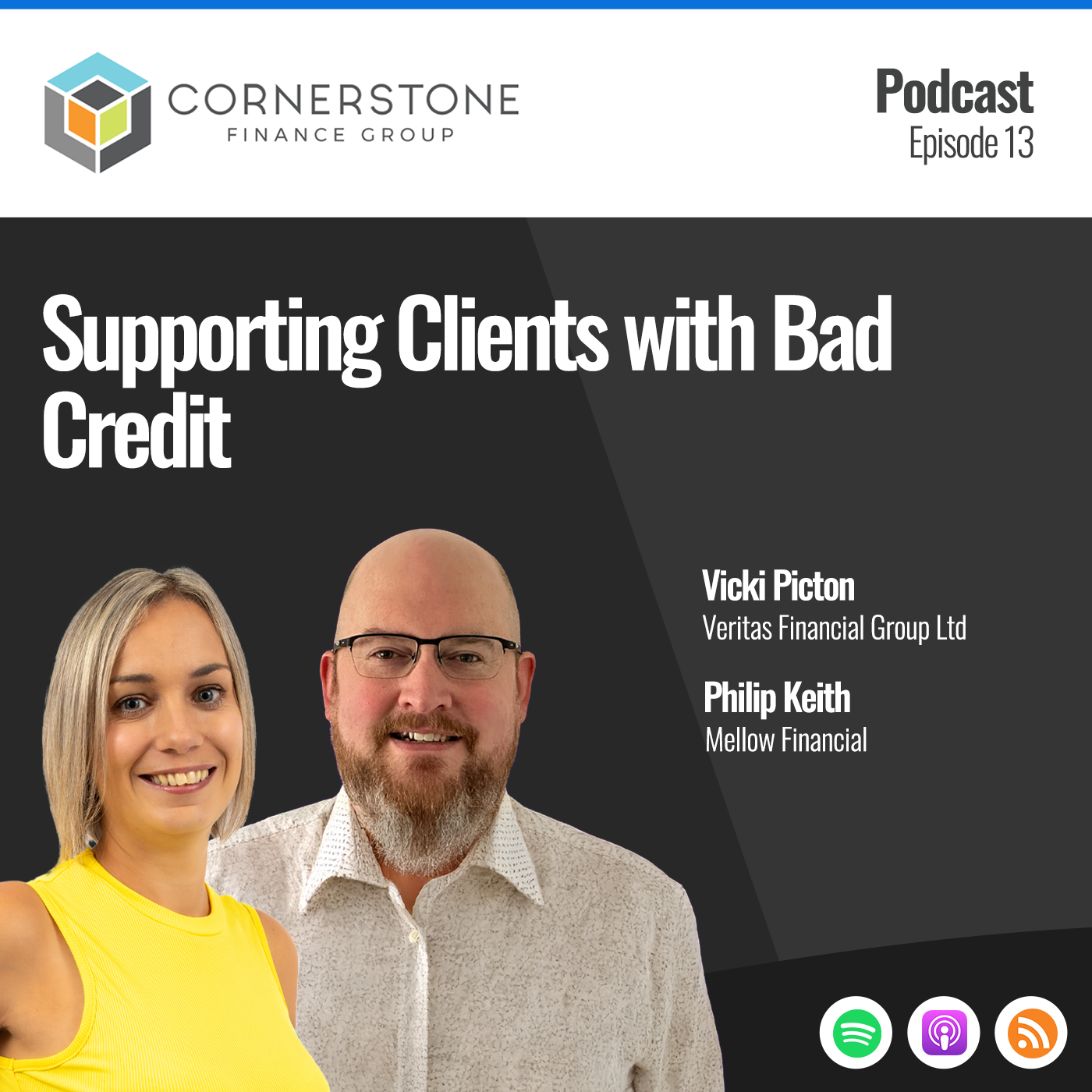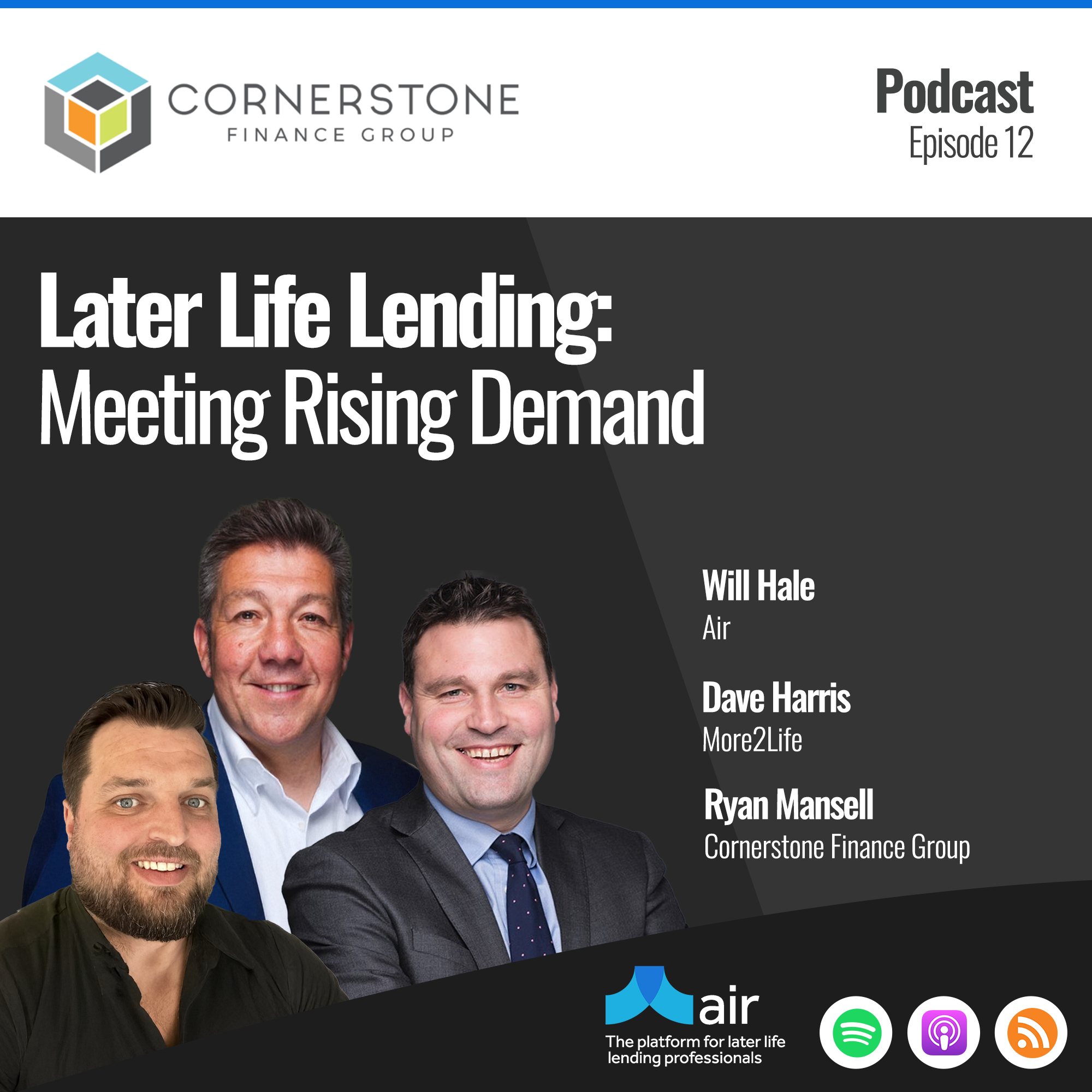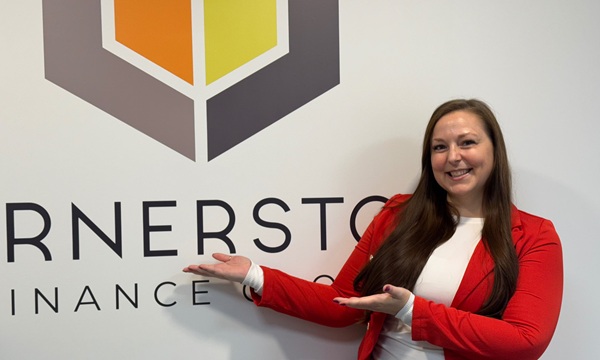
GUEST COLUMN:
Rob Jackson
Mortgage & Protection Adviser
Trust Mortgage
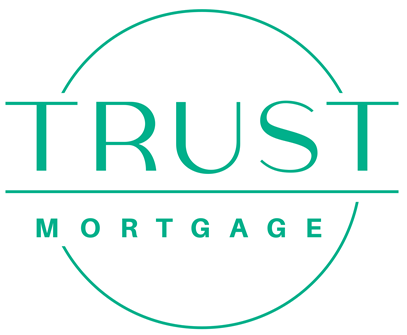
After 18 years in the mortgage industry, I’ve learned that the conversation around protection is rarely straightforward – but it’s always essential.
When I set up Trust Mortgage, it was with a view not just to help people secure a mortgage, but to make sure they and their families are properly protected. For me, that starts with how we approach the conversation.
There’s no one-size-fits-all approach when it comes to protection. Every client is different. What matters is how we tailor the conversation to their circumstances. A client with a manual job? I’m immediately thinking about income protection. A family with young children? Children’s critical illness cover might be relevant. The key is to understand the individual and offer choices that reflect their needs – not just now, but as they evolve.
Sometimes it’s not the right time for a full conversation. Clients might be focused on the mortgage application or waiting on a valuation. That’s fine. But I always raise the subject and make sure they’re aware of what’s available. Then I go back. A week later, a month later – whenever makes sense for them. Protection isn’t a one-off pitch; it’s an ongoing discussion.
Affordability is often a challenge, so I try to make things relatable. If someone’s spending £60 a month on a TV package or regular takeaways, I’ll use that to show how a similar amount could help protect their income or their family. That kind of comparison can help make the idea feel more tangible. I want clients to understand that this isn’t just another cost – it’s a way to safeguard what matters to them.
I also avoid words that might trigger the wrong reaction. I never use the word “quote”. It sounds transactional and often sends people straight to a comparison site. Instead, I use “personal illustration” or “your own costings”. That slight shift in language helps clients see the value in the conversation and makes them more open to the options.
In practical terms, I tend to offer three levels of protection. One is the full package – life cover, critical illness, income protection. The second is a more moderate version, still valuable but more affordable. And the third is a starter policy. Something rather than nothing. The idea is that even if a client can’t afford everything straight away, they’re still getting some level of cover. And if we keep in touch, we can build on that over time.
Clients appreciate this approach because it feels realistic and considered. You’re not pushing them to take something they can’t afford, but you’re also not ignoring the risks. You’re giving them options, letting them decide, and making it easy to revisit things when their situation changes. That builds trust and in my experience, loyalty too.
My view on this has been shaped by real-life experiences. I’ve helped clients who’ve had to make claims. I’ve also seen what happens when people didn’t have cover in place. A friend of mine passed away, and I’d done his life insurance. His partner told me she wished they’d taken out more. They had cover for the mortgage, but not beyond that. That conversation has stuck with me ever since. It’s made me even more committed to making sure people understand what’s at stake.
Another client of mine suffered a serious injury at work. He had income protection, but the claim process was long and difficult. I supported him through it, helping him deal with the insurer and keep things on track. That’s what advisers can offer – support, guidance, and peace of mind that someone’s in their corner if the worst happens.
Ultimately, we’re not just ticking boxes, we’re giving people confidence. That comes from regular engagement. Speaking to clients once and never following up isn’t enough. They might not be ready the first time you ask. But if you go back, and keep going back, they’ll know you’re serious about helping. They’ll come to see you not just as someone who helped them buy a house, but someone who’s helping them protect the life they’ve built around it.
Rob Jackson talks about this and more in the Cornerstone Finance Group podcast episode Personal Protection in Mortgage Advice. Listen to the podcast here.



